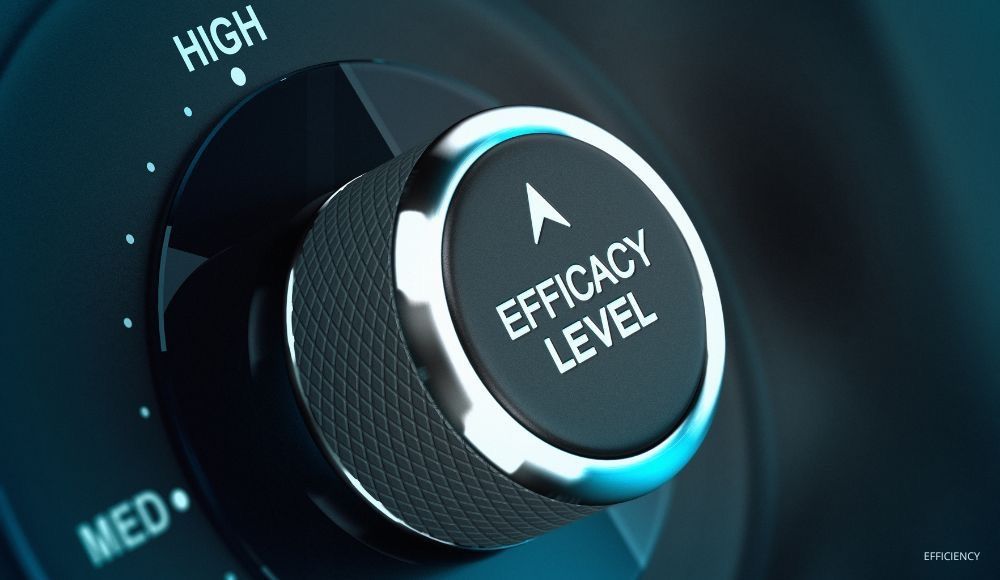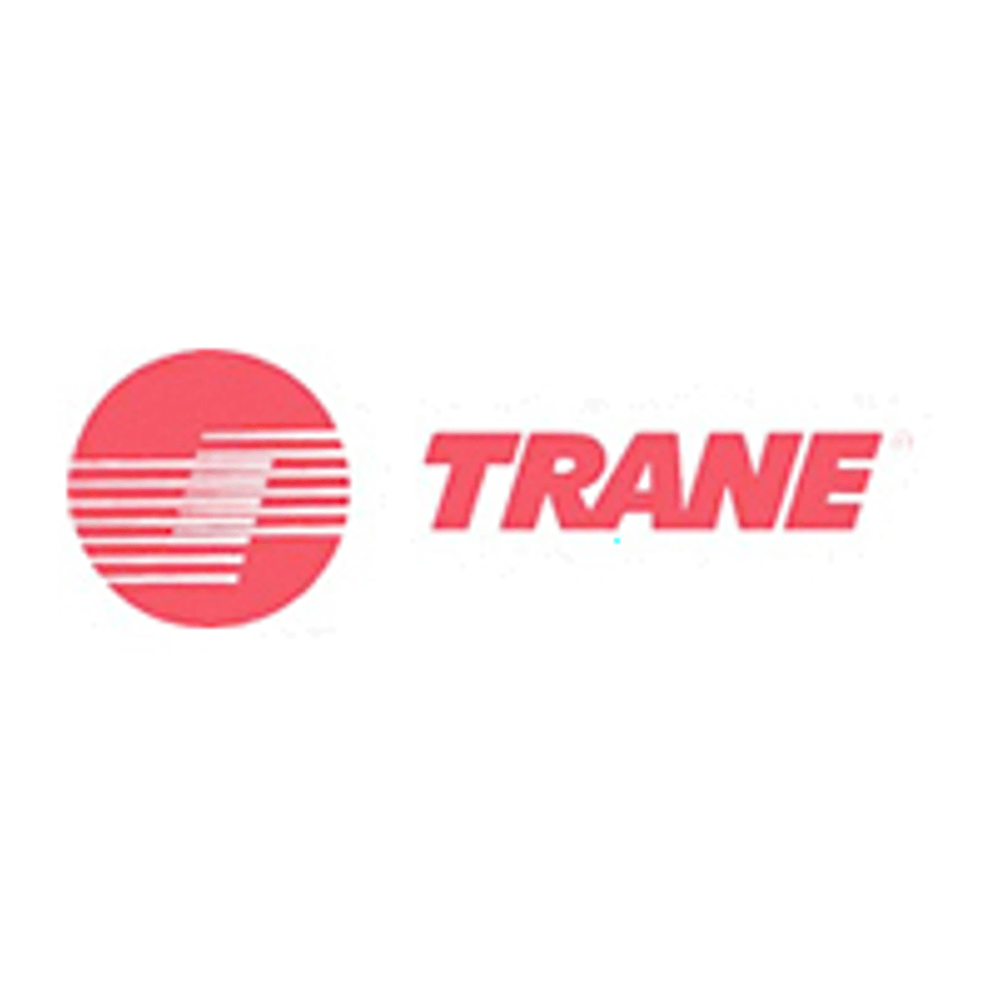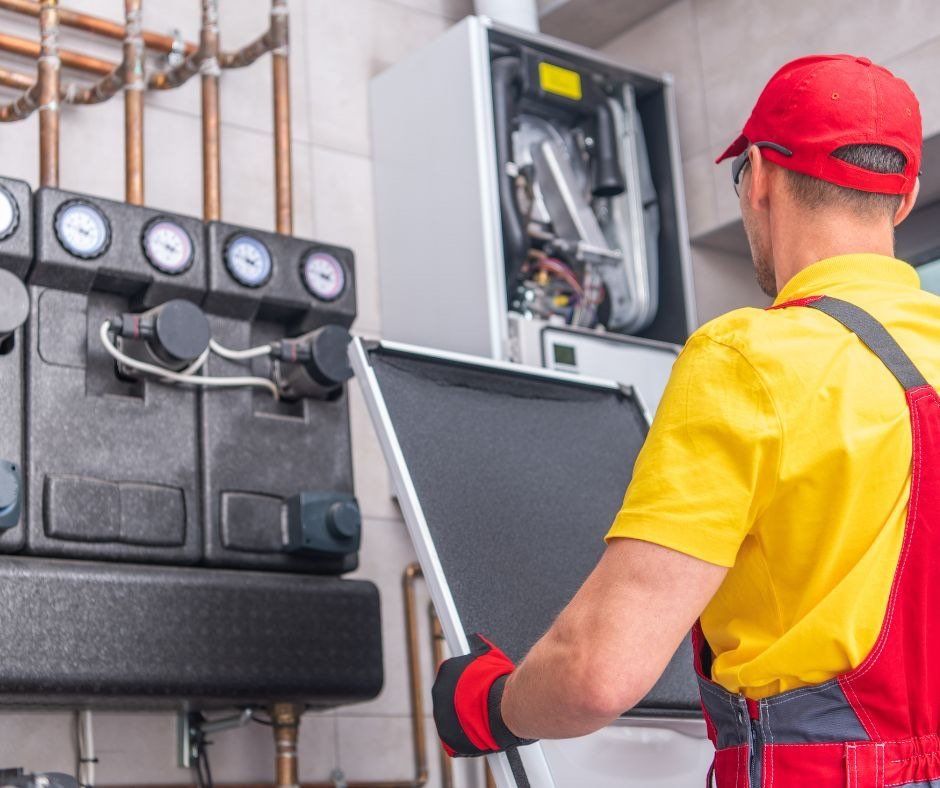Geothermal Heat Pumps Pros and Cons
Environmental concerns and government incentives to minimize carbon emissions make geothermal heat pumps appealing to many homeowners and are often an excellent option. Still, as with most things, it's important to understand both the pros and cons of installing and operating a geothermal heat pump before deciding.
What is a Geothermal Heat Pump?
Unlike air temperatures, ground temperatures below the earth's frost line (approximately four feet down) remain roughly 50 degrees Fahrenheit year-round. Humans have been using this fact to their advantage for thousands of years. For example, our distant ancestors lived in caves for a more stable environment.
Geothermal heat pumps (also known as ground-source heat pumps, water-source heat pumps, GeoExchange, earth-coupled heat pumps, GHPs, or GSHPs) circulate a heat-conveying fluid, such as water or an antifreeze solution, through a series of underground pipes, moving heat into or out of homes and other buildings to provide less expensive, reliable, and environmentally friendly heating and cooling.
Geothermal Heat Pump Pros
- Lower Heating and Cooling Costs
GHPs use very little electricity to operate, and experts estimate that homeowners can save 30-70% on their heating costs and 20-50% on their cooling costs by replacing a conventional HVAC system with a geothermal heat pump. Geothermal heat pumps typically last longer than conventional HVAC systems and require less maintenance and repairs, providing additional savings. Furthermore, GHPs can often supplement the generation of hot water. - Environmentally Friendly
The Environmental Protection Agency (EPA) says geothermal heat pumps are one of the most energy-efficient, environmentally clean, cost-effective, and comfortable heating and cooling technologies available today. According to the Office of Energy Efficiency & Renewable Energy, a geothermal heat pump can reduce energy consumption and emissions by up to 44% compared to air-source heat pumps and 72% compared to standard air-conditioning equipment. - Readily Available Heat Source
Geothermal energy is available 24 hours a day, seven days a week, 365 days a year, and can be accessed anywhere. It does not rely on the weather like wind and solar power, making GHPs as effective in winter as in summer. - Uses a Renewable Source of Energy
According to the Office of Energy Efficiency & Renewable Energy, geothermal energy is an abundant source and will be available "for as long as the earth exists." - Quieter Operation
Because geothermal heat pumps utilize underground pipes with no visible compressor or fan, they are quieter than conventional HVAC systems. - Less Maintenance and Fewer Repairs
The underground pipes are stationary and protected from wear and tear caused by environmental exposure. Furthermore, the design of geothermal heat pumps is relatively simple, resulting in less maintenance and fewer repairs. - Longer Life
A geothermal heat pump should last about 25 years (about ten years longer than conventional HVAC systems), and the underground loop system should last 100 years or more. - No Unsightly Outdoor Unit
Unlike conventional HVAC systems, GHPs don't require an unsightly outdoor condenser, and the underground loops are entirely hidden.
Geothermal Heat Pump Cons
- Higher Installation Costs
Geothermal heat pumps require a more extensive installation process, which results in a higher up-front cost than conventional HVAC systems. However, you may be able to lower installation costs with tax credits and other state and utility rebates and incentives. Low maintenance and utility bills typically allow homeowners to recoup their installation costs in five to ten years. - Site Limitations
A certain amount of land is required because the underground loop system must be buried underground. Exactly how much can vary, but a minimum area of 10'x10' is typical. Furthermore, installation may be more difficult if there is limited access to your property or if it is especially rocky. - Requires Supplemental Heating
A geothermal heat pump system may require a backup heat source, such as electric heating elements or a furnace, on unusually frigid days. - Limited Service Choices
Installing, repairing, and maintaining GHPs requires a unique skill set, and not all contractors can do it, so your choice of contractors is limited to those who specialize in GHPs.
Your Geothermal Heat Pump Installation and Repair Experts in Berks County
Trust Ultimate Comfort Heating and Cooling with all your geothermal system installation, maintenance, and repair needs. We have the experience and skills to do the job right, resulting in a more environmentally friendly heating and cooling system, lower utility costs, and more!
Call us at 610-750-8314 or connect with us online for a FREE Comfort Analysis. Estimates and consultations for new systems are provided FREE of charge.













